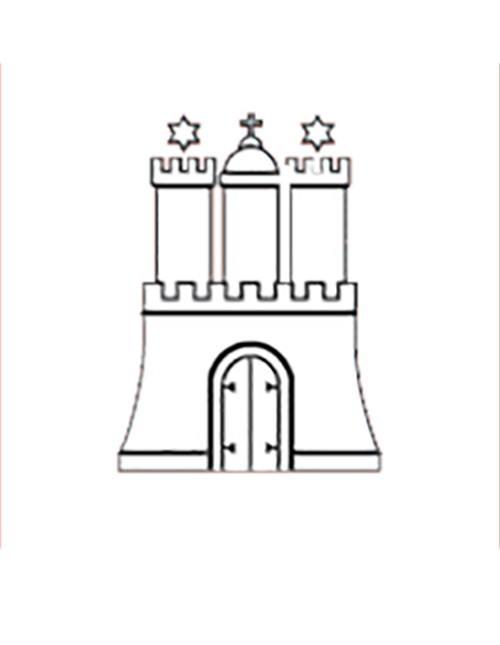“There is a rising and excluding “WE” which we want to counter with an including “WE”, that is why we developed the Altoner Declaration. We want to send out a strong message for diversity and democracy…. we want to position ourselves within the values of our constitution. We want to stand together-this means everyone, regardless of origin, religion, gender, sexual orientation or sexual identity, age, or social status”.
Adelina Michalk, Department of Social Services, Municipality of Hamburg-Altona.
Our Starting Point
Altona, a district which forms part of one the largest port conurbations in Europe-the greater Hamburg area, has a long history of immigration. Like many cities across Europe it has more recently experienced a dramatic rise in xenophobic populism and hate speech with traditional and social media stirring up segregation and deepening divides. Additionally, though the city (and also the region) is one of the wealthiest in Europe in terms of economic development and gross average income, inequality is still a reality and there are large differences between rich and poor districts.
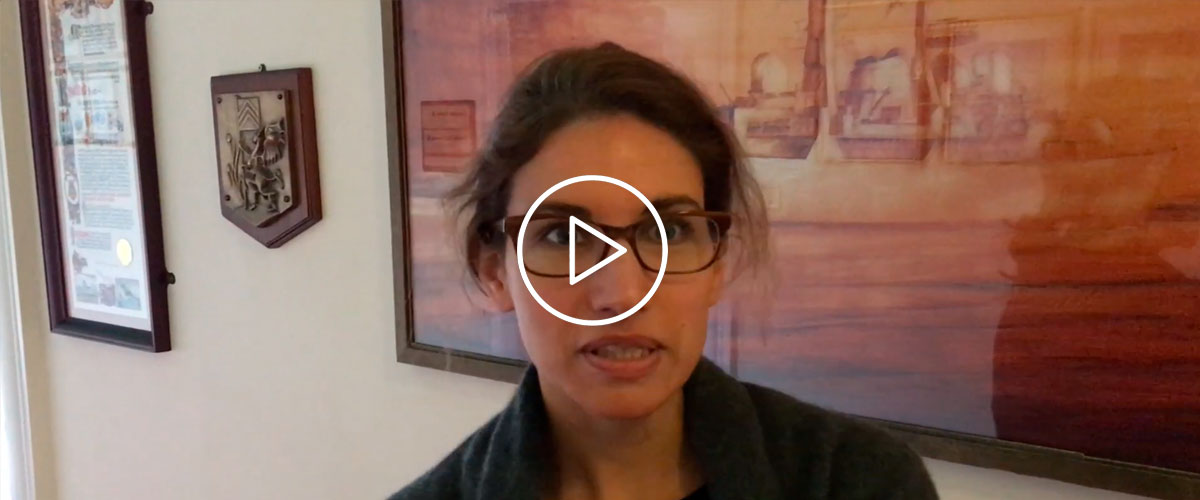 Adelina Michalk, Hamburg-Altoner Municipality
Adelina Michalk, Hamburg-Altoner Municipality
We in Altona municipality wanted to affirm our city as a place where diversity is the norm- placing a commitment to diversity at the core of the city’s identity, policy and everyday life. The Altona Declaration has been the vehicle and overarching framework for doing this. Being part of the URBACT Transfer Network Rumourless Cities brought us added value particularly in terms of supporting us to develop a participatory process to create the declaration and accompanying campaign. Here in Altona, the declaration has been co-created by city leaders with residents together.
”In concrete terms, we were able to benefit from the exchange with the international partner cities. We learned how great the influence of positive rather than negative framing can be in conveying messages”. Adelina Michalk
The Declaration
Translation:
WE IN ALTONA….
…..stand for a free and democratic society
…like to encounter new people
…are representing diversity and engage against discrimination
…encounter every person with respect and tolerance
…believe in the equality of all people
…recognize the chances that come with diversity
…encounter every person openly and without prejudices
As stated by the leader of the council Stefanie von Berg of the Green Party, these declaration statements cannot be taken for granted and need affirming.
“The seven statements that were selected through citizen participation sound almost banal. But they are no longer a matter of course. Overall we see that there are forces that are constantly trying to question our basic democratic values and to question diversity”.
The Process:
Phase 1- Strengthening local networks and Community conversations:
Rather than reinvent the wheel, we built on existing strong networks and projects operating in the area of community cohesion and democracy to create a wide network of stakeholders to direct and drive the project. We significantly broadened our participation in the process by instigating and facilitating community conversations. At public events and workshops across the district and via digital communications, residents from different backgrounds were asked their opinions on concepts such as social cohesion, community, democracy and equality and what sort of society they want to live in. In total around 200 people contributed to the content and sentiment of the declaration at this stage.
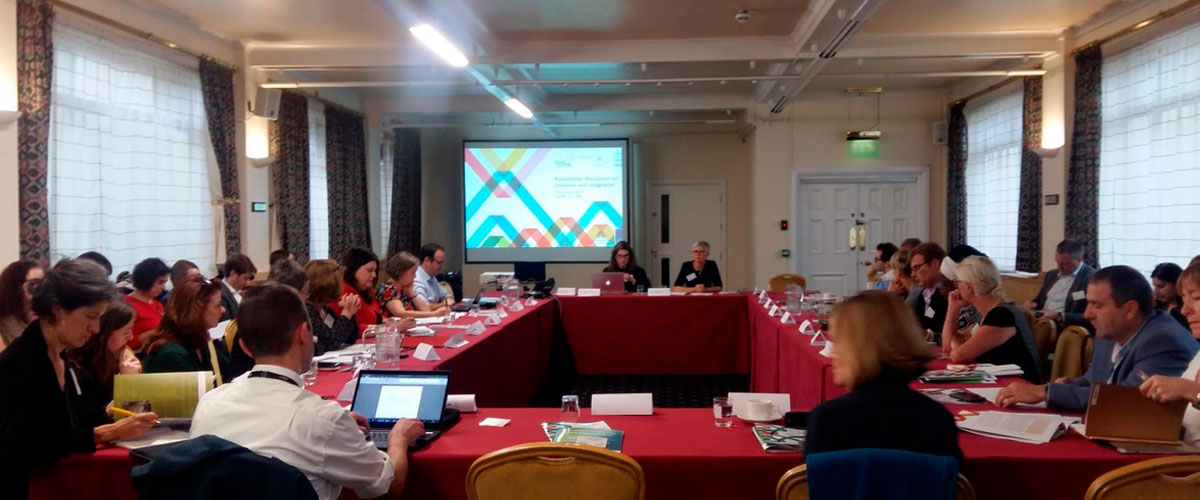 Rumourless Cities political roundtable in Cardiff, UK
Rumourless Cities political roundtable in Cardiff, UK
Phase 2- Public Vote:
We collected content from phase 1 and edited this into 17 statements. We organised a public vote to select 7 statements for our declaration- publicising and collecting votes through a website, social media, public events and summer festivals. More than 1000 people took part in this voting process which far surpassed our targets. At this stage, two of our local politicians took part in a political roundtable with politicians from cities across Europe for the launch of an Inclusive Cities Framework organised by Rumourless Cities. This really helped galvanise support at the leadership level for driving our work forward.
Phase 3- The campaign:
The declaration was launched at a press conference by the city mayor and Marcell Jansen a famous local sportsperson and followed by a public democracy conference.
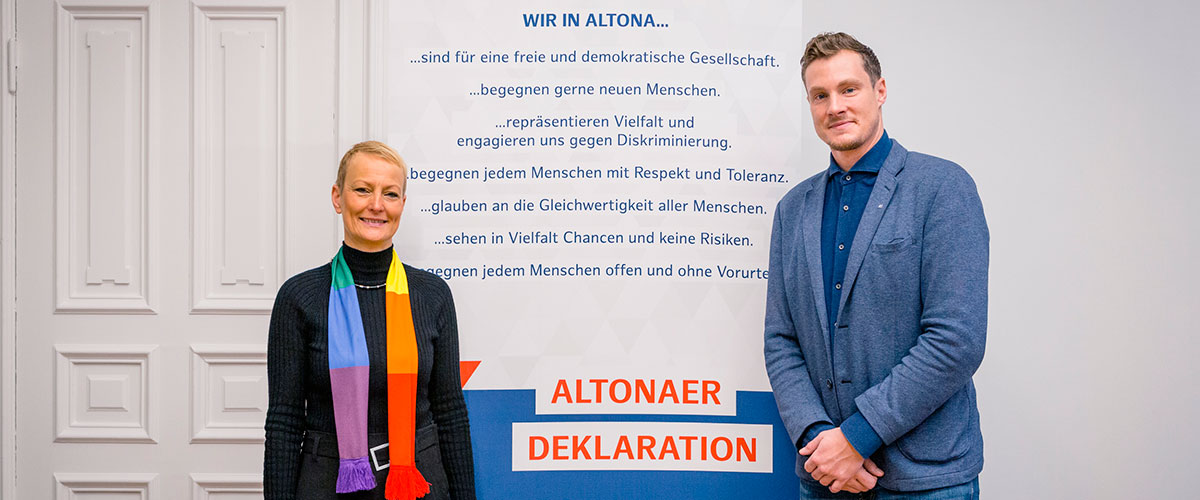 Launch- Stefanie von Berg and Marcell Jansen at the launch
Launch- Stefanie von Berg and Marcell Jansen at the launch
Learning from Amadora’s ‘Do Not Feed the Rumour’ campaign we developed the campaign together with community stakeholders and organisations and won over well-known local celebrities as advocates and spokespeople. We worked closely with a local communications company specialised in developing brands for positive social change.
 Campaign posters featuring well know local residents and celebrities
Campaign posters featuring well know local residents and celebrities
 Campaign posters featuring well know local residents and celebrities
Campaign posters featuring well know local residents and celebrities
The arrival of Covid-19 forced a rethink of campaign strategy shifting it away from a summer public programme of events and community projects to a more digital focus combining a visual poster campaign, working with local media, creation of a ‘do it yourself’ campaign kit for stakeholders and civil society organisations to use and the creation of a dedicated website. The creation of a campaign kit and resources has helped to democratise the implementation of the campaign itself giving our local group of stakeholders the resources to create local communications and projects.
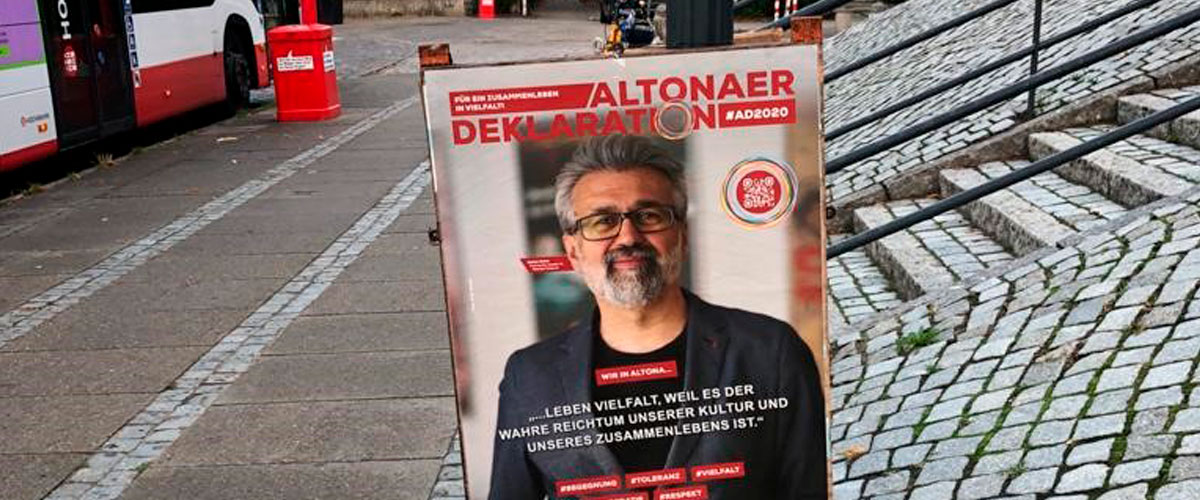 Publicising the declaration in public spaces © Monika Brakhage, Adelina Michalk
Publicising the declaration in public spaces © Monika Brakhage, Adelina Michalk
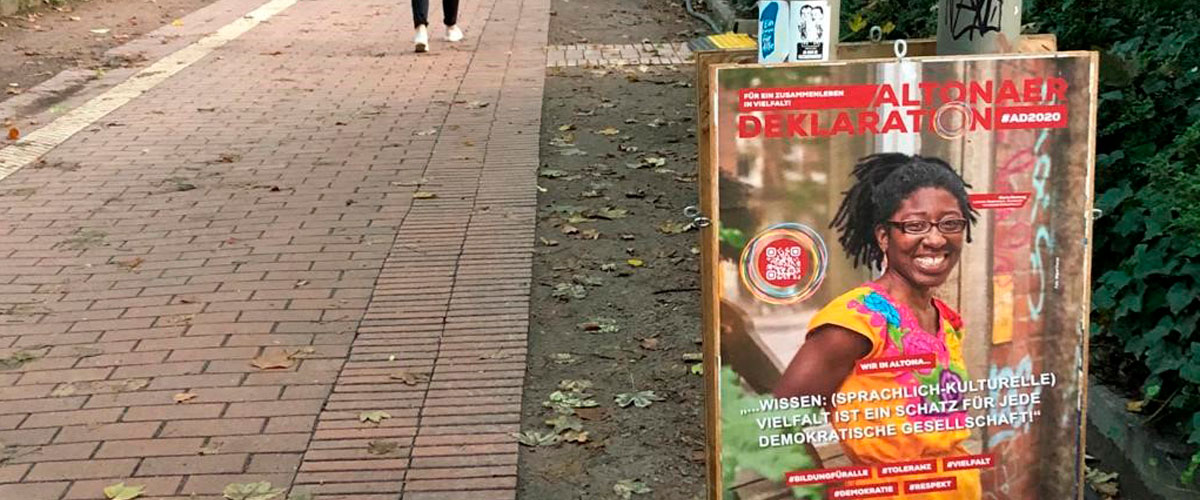 Publicising the declaration in public spaces © Monika Brakhage, Adelina Michalk
Publicising the declaration in public spaces © Monika Brakhage, Adelina Michalk
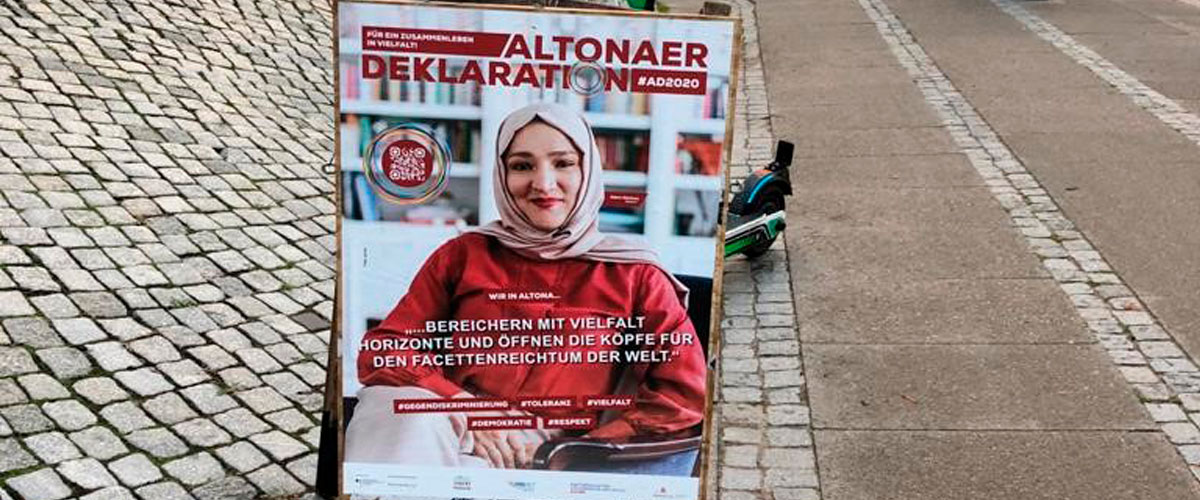 Publicising the declaration in public spaces © Monika Brakhage, Adelina Michalk
Publicising the declaration in public spaces © Monika Brakhage, Adelina Michalk
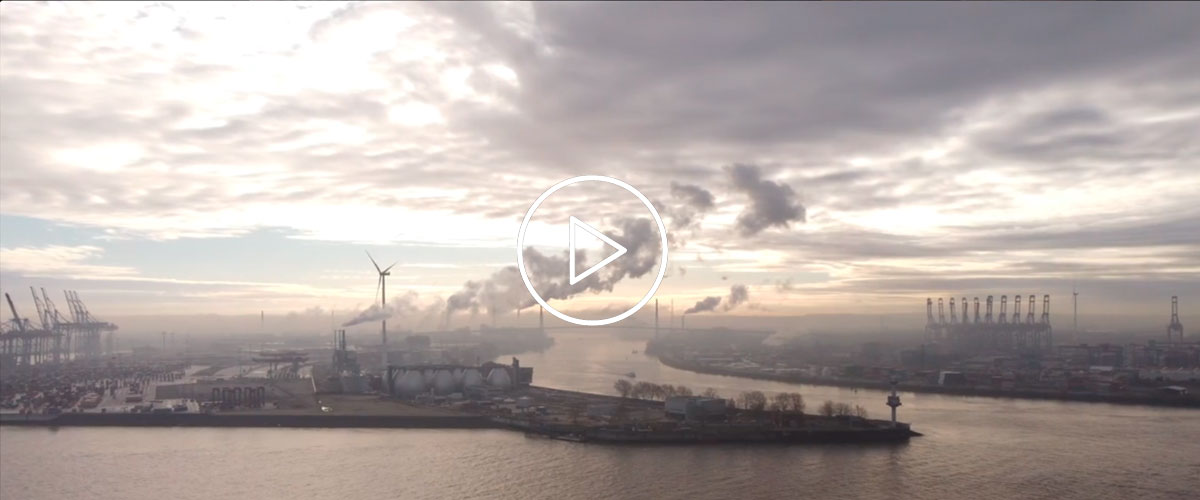 Religious tolerance campaign film
Religious tolerance campaign film
Key Learning:
- The added value of being part of Rumourless Cities meant that we learnt new facilitation methods we could utilise at the local level; peer review exercises helped us benchmark our progress and access other expert advice; we could involve and motivate local stakeholders and politicians at the European level; learn from Amadora and in particular the importance of working with ambassadors for our campaign;
- The benefits of working with an external expert communications agency to develop a participatory process and employ effective and contemporary campaign tools;
- The importance of working at multiple levels and connecting them- in particular the connection of the political level, the administration level and the civil level is key;
- It was very important to communicate what we are working for and not what we are fighting against, to avoid resistance towards our goals.
For more detail on the Altoner Declaration:
- Transfer story (RC URBACT webpage): https://urbact.eu/
- Altona Deklaration: https://www.hamburg.de/altona/altonaer-deklaration/
Contact:
- Adelina Michalk, Altona Municipality This email address is being protected from spambots. You need JavaScript enabled to view it.
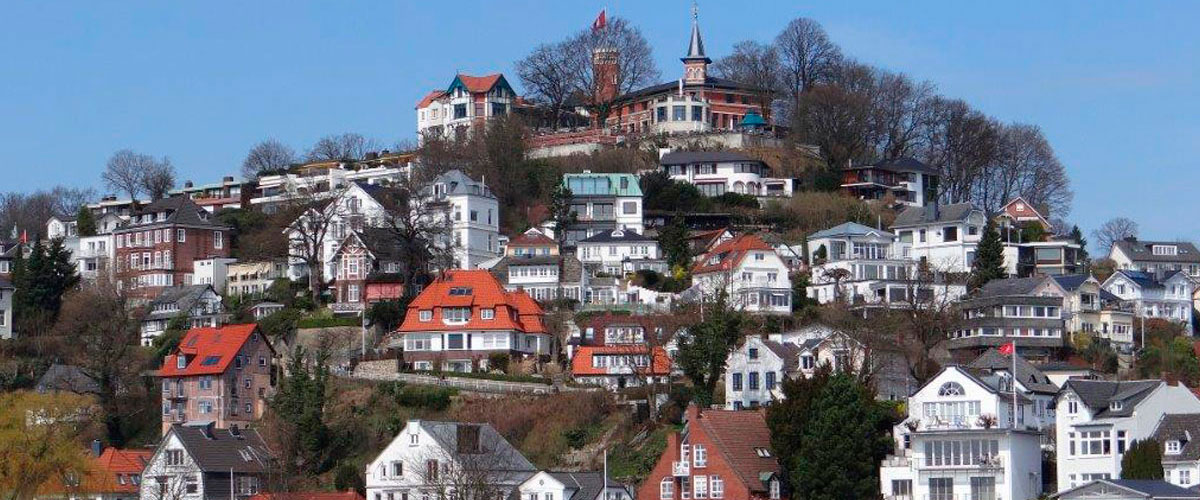
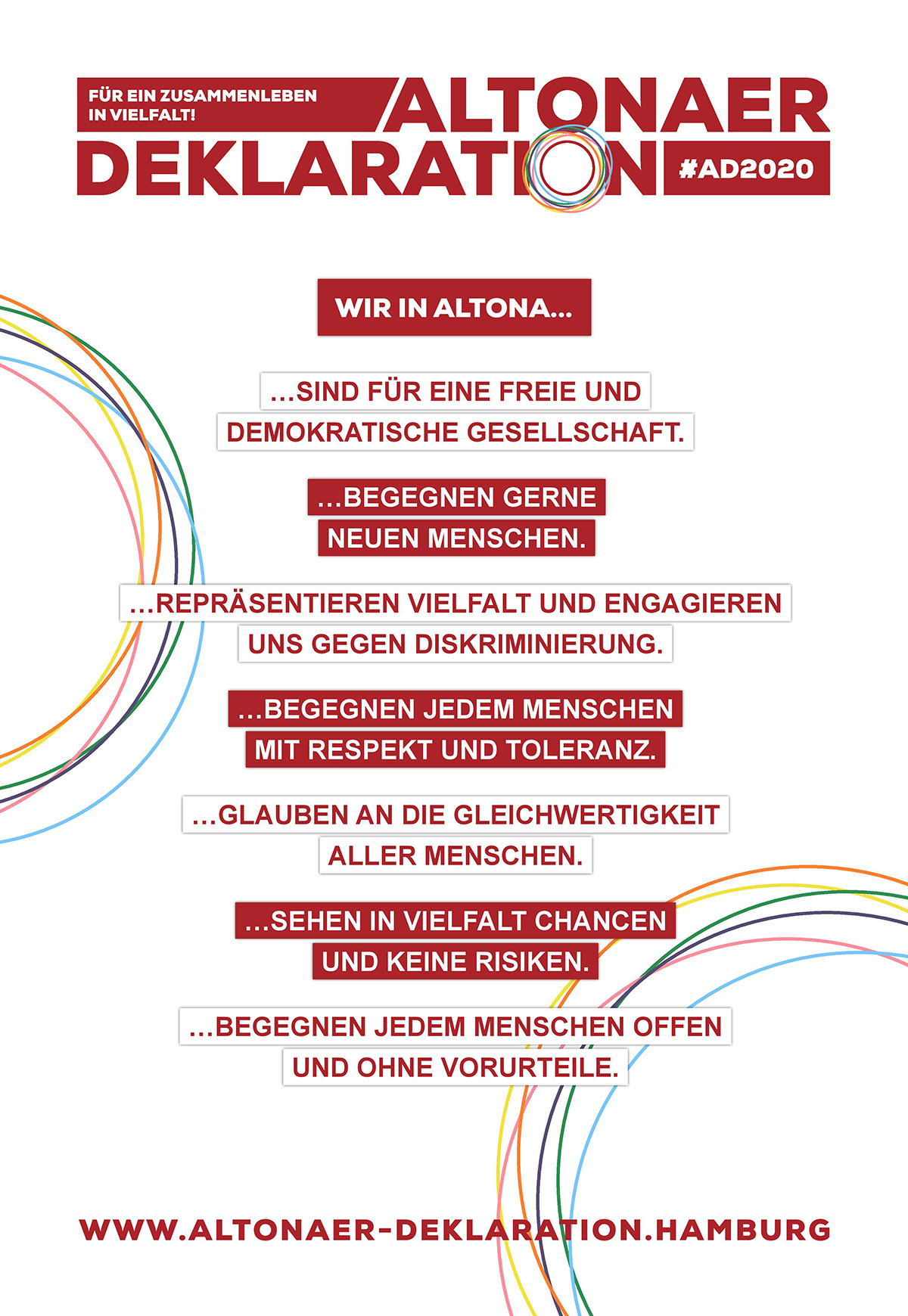
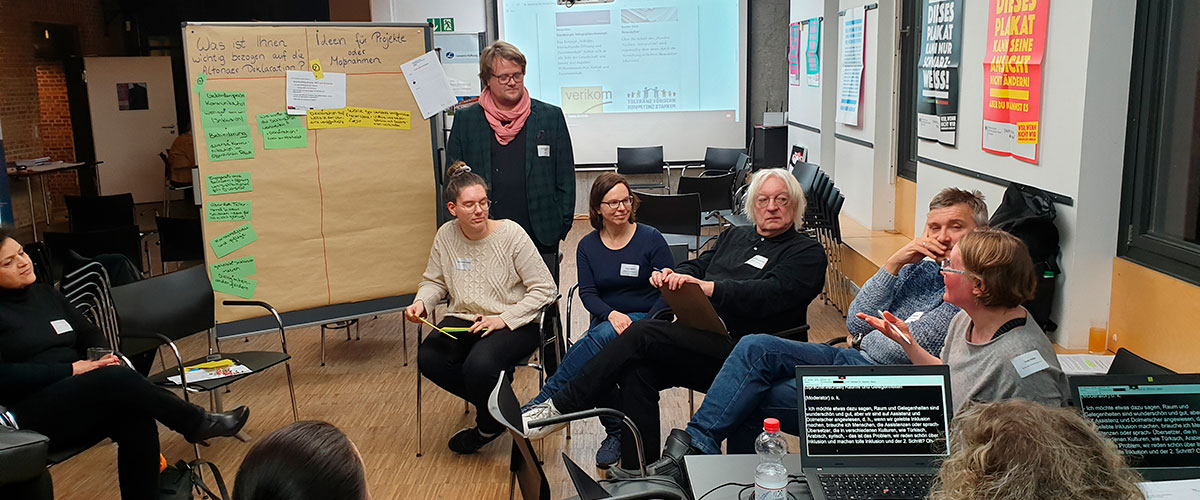 Stakeholder planning meeting
Stakeholder planning meeting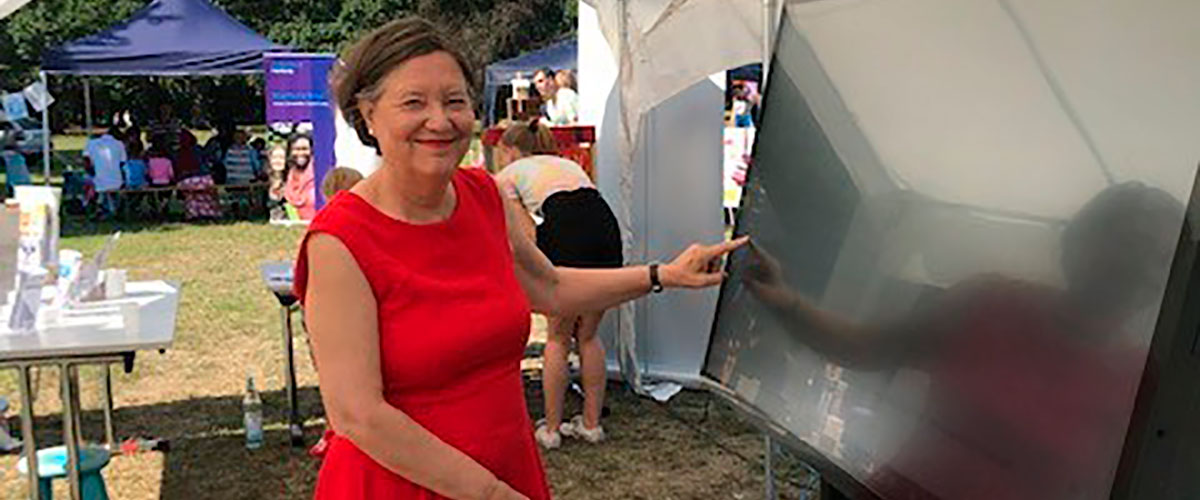 Public voting
Public voting

